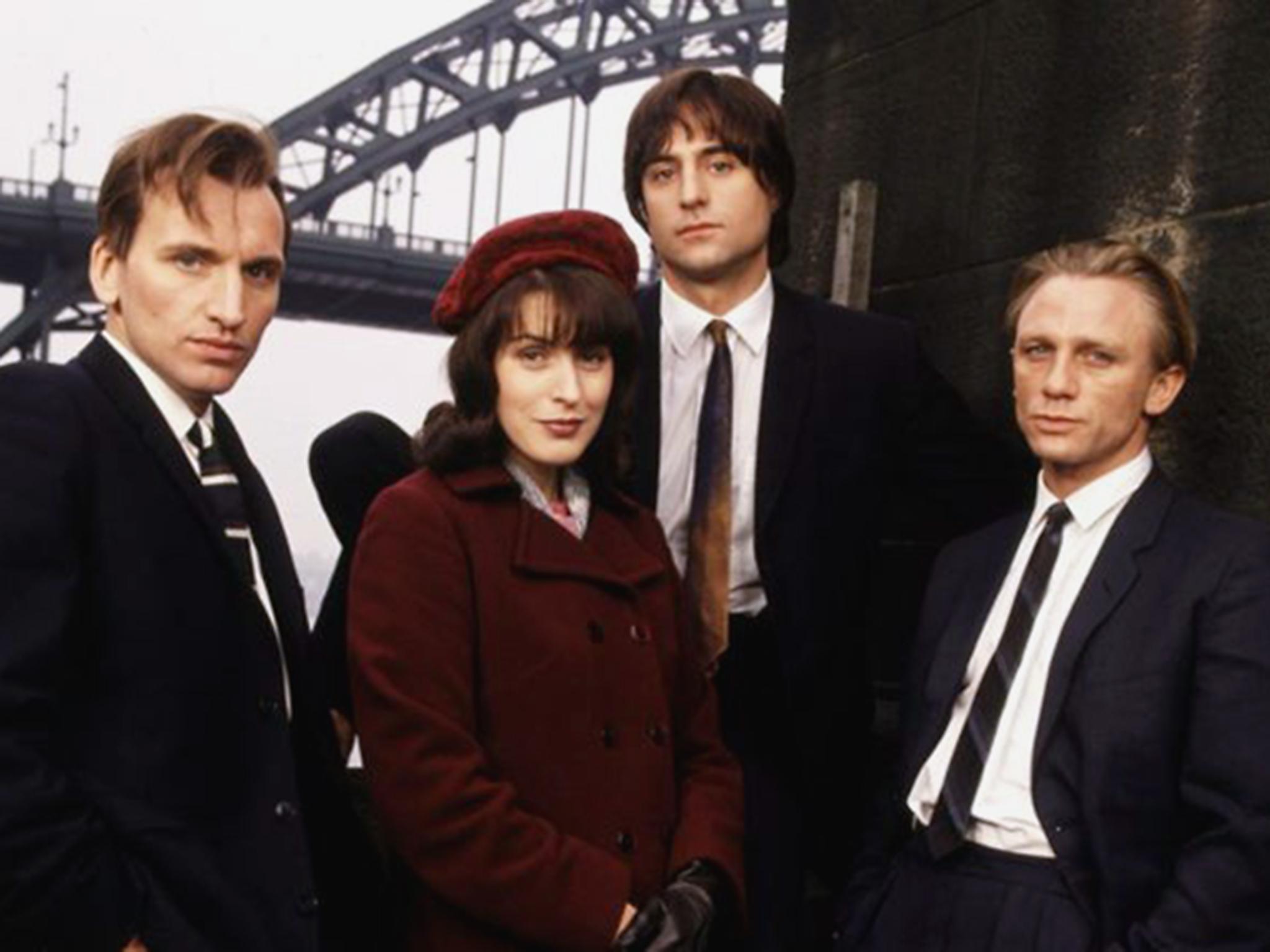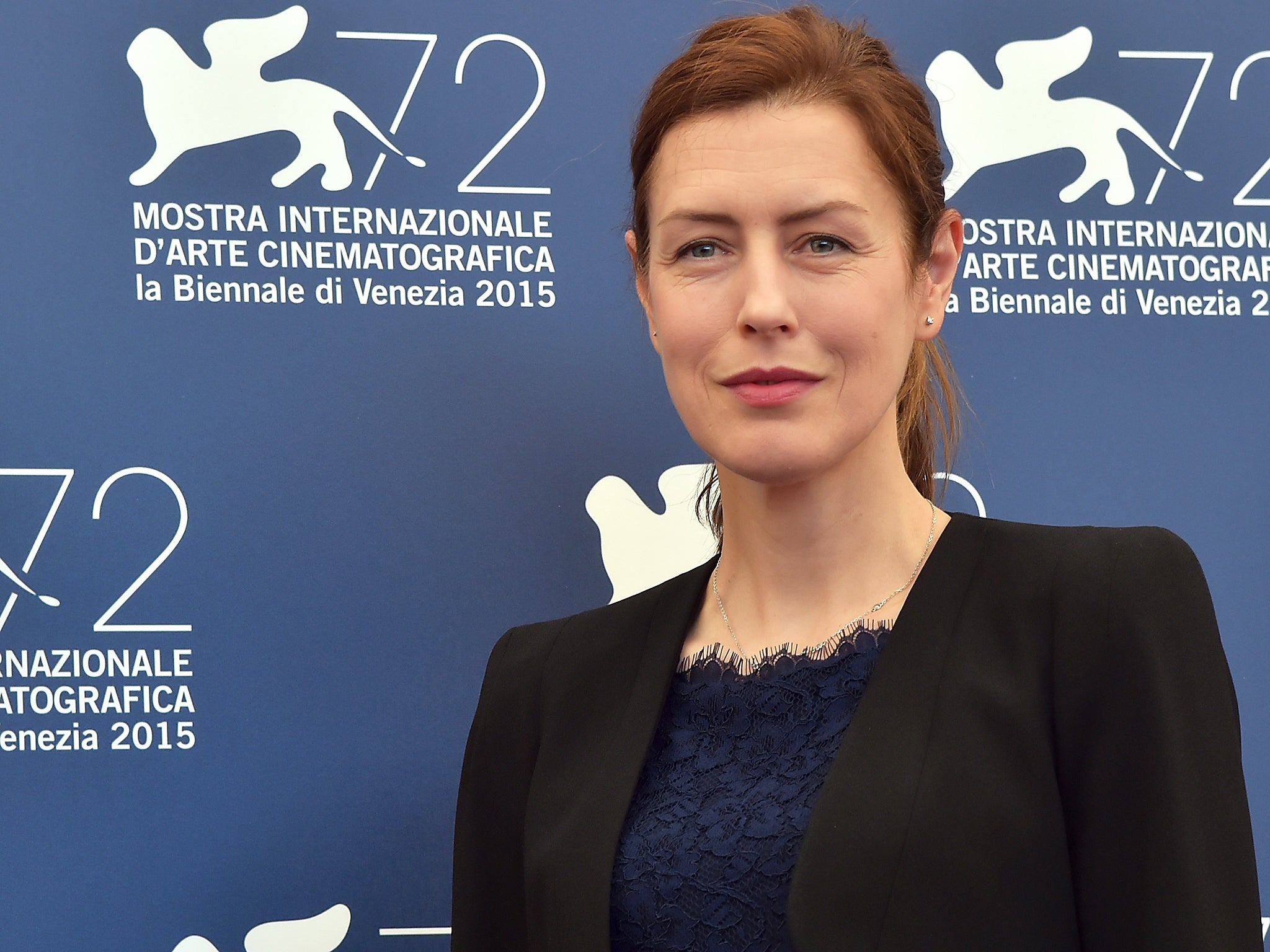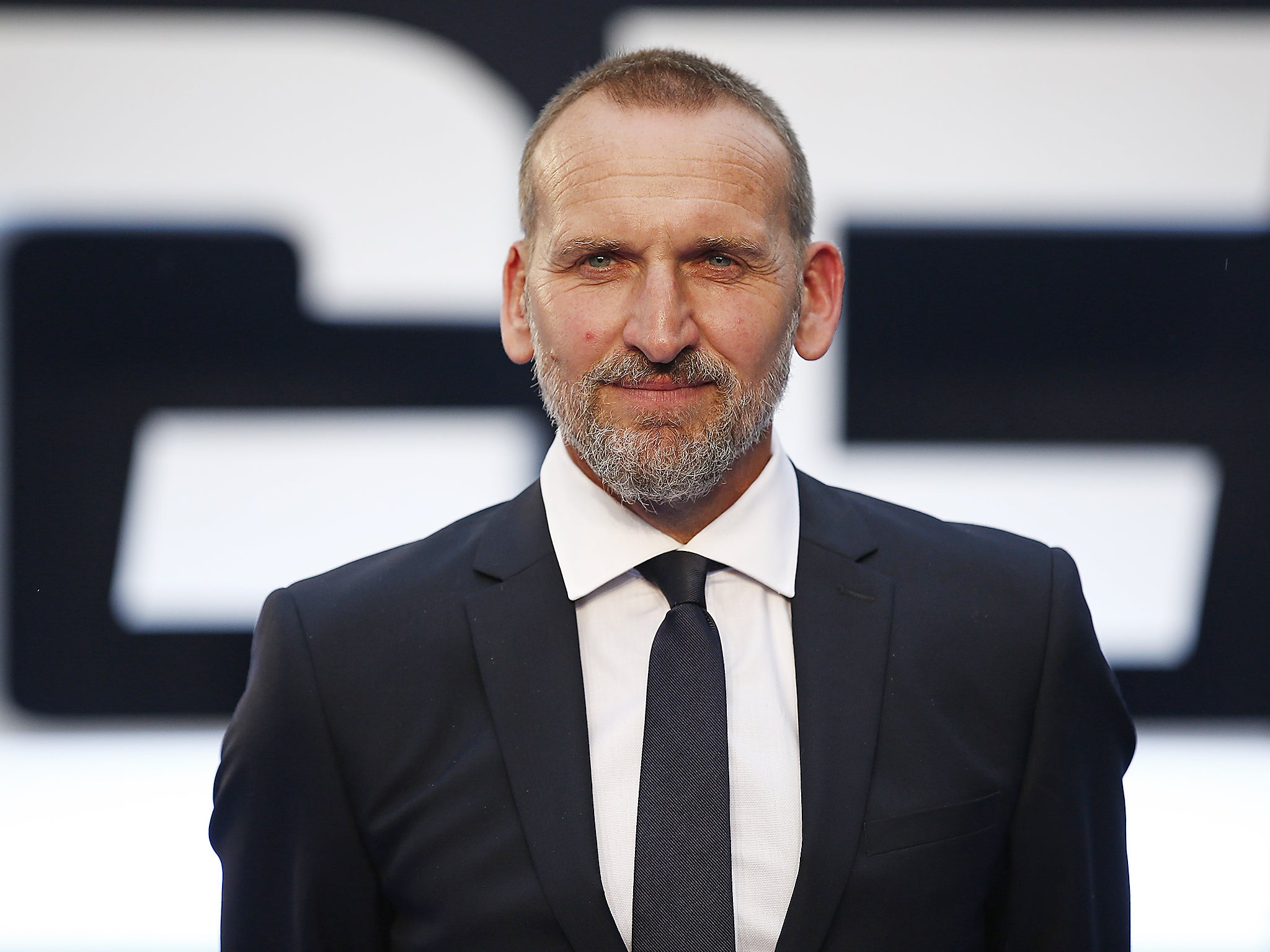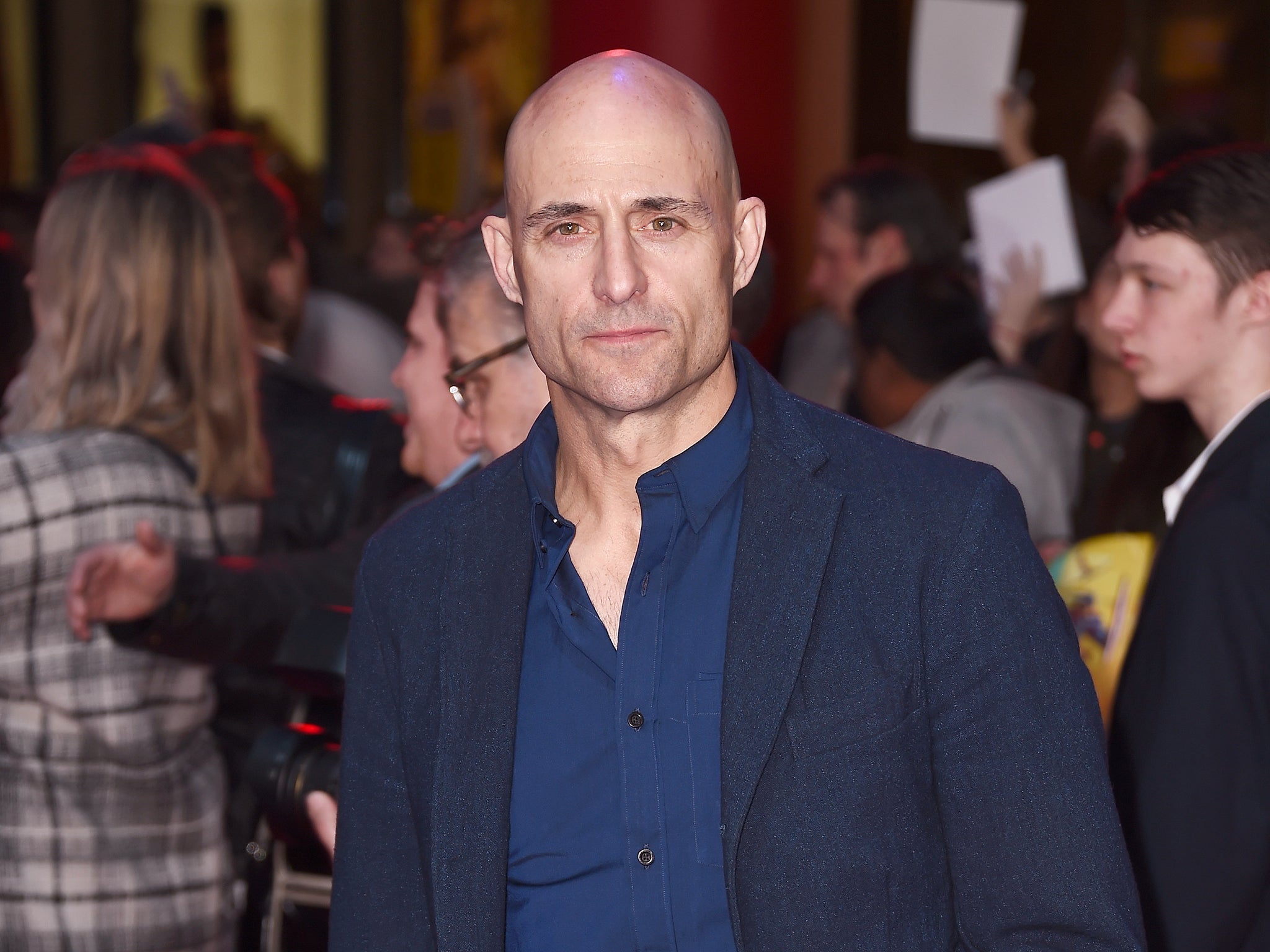Where are Our Friends in the North now?
The stars of the landmark 1990s series have gone on to become household names

Our Friends in the North have come of age. Today marks the 21st anniversary of the broadcast on BBC2 of the first episode of what still stands out as one of the landmark television series of the past half a century.
The nine-part series, written by playwright Peter Flannery and starring an ensemble cast of established actors and newcomers (who would go on to be household names), was never less than wildly ambitious in its scope, execution and the subject matter it tackled.
Covering three decades from 1964 to 1995, Our Friends in the North wove together a rich tapestry of the biggest political and social happenings through those years, from the civil rights movement to police corruption in Soho through the rise of Margaret Thatcher and miner’s strike, the infamously under-played hurricane of 1987 to the nascent rise of what would become New Labour.
But played out against the big stuff were the lives and loves of a quartet of Newcastle friends, beginning in the white heat of optimism of the 1960s – plans to form a band and all – and ending with them all in their late forties and early fifties – older but not in all cases necessarily wiser.
And what a principal cast it was. Christopher Eccleston, Mark Strong, Gina McKee and Daniel Craig – all relative unknowns at the time, yet shining from the small screen with such ferocity that their futures were assured from that very first episode.
Our Friends in the North was the ultimate in water-cooler television. You watched it as it happened and you talked about it the next morning, and waited hungrily for the next episode the following Monday. Were it being broadcast for the first time today, it would be an instant box-set binge classic, a Netflix highlight of the year. But of course such concepts didn’t exist, though they were just around the corner, just as Our Friends in the North came at a time of great change and as the world, or at the very least Britain, felt like it was on the cusp of something new and exciting.
The series began life as a stage play written by Flannery in the early 1980s while he was writer-in-residence for the Royal Shakespeare Company. A BBC producer, Michael Wearing, saw it and thought it would make great television. But by the time Flannery had written it into a four-part drama, everyone who had shown an interest in it at Broadcasting House had moved on, and it couldn’t ignite any interest.
In the early 1990s they tried again, and this time it caught the eye of Alan Yentob. Flannery’s original play ended with the election of Thatcher as Prime Minister, but the world had moved on and the new script, now in nine episodes, continued through the Thatcher years and into a brave new world of an impending Labour government.
What made Our Friends such a massive hit? Flannery had apparently been warned not to expect large audiences, as the social history aspect might have turned viewers off. But instead they tuned in, and in droves. Perhaps it was that overarching view of big events, maybe it was the more intimate stories of the well-rounded characters’ lives. More likely, it was a combination of the two, because what Our Friends showed us in sharp relief was that politics is people – you can’t have one without the other. Whether that’s the politics of local government corruption or the brutal stripping of industry, whether it’s the politics of idealistic students or a subjugated underclass, it’s all about the human condition, and how one affects the other, and vice versa.
Without CGI or camera trickery, Our Friends credibly aged its characters over the course of 30 years. Eccleston’s quixotic Nicky, his dissatisfied girlfriend (and ultimately Labour MP) Mary (McKee), passionate and impulsive Tosker (Strong) and a supreme performance from Craig as troubled Geordie – these are the glue that hold together the show’s deserved reputation as one of the best TV series ever.
There was also a phalanx of recognisable talent in the show, including Alun Armstrong’s dodgy local politician, Malcom McDowell as a Soho porn baron, and Peter Vaughan, who died in December, in a masterful turn as Nicky’s union firebrand father.
As a slice of social history television, Our Friends in the North has to be up there with Cathy Come Home, GBH and Boys from the Blackstuff. As a character piece, Flannery’s exploration of friendship, morals and conscience is unparalleled.
Do we need a new Our Friends in the North? It feels like we should have one, despite Flannery’s assertion that it will never happen. But then, 1996 was something of a pause-button year, a collective drawing of breath. The IRA had stopped killing people (though the ceasefire would temporarily end bloodily with the Docklands bombing in February) and 9/11 and the War on Terror was as-yet inconceivable. Britpop was king of the charts and Princess Diana was our Queen of Hearts. Football was coming home with the Uefa European Championships, and the Tories were packing up after 18 years of rule.
If it felt like the country was on a more even keel in 1996, it was the perfect time to look back – sometimes in anger – at what had gone before in more turbulent years. So perhaps now isn’t the best time for another Our Friends in the North, because we’re living through those turbulent years, those interesting times, right now.
Maybe we need to wait until the world seems a brighter place again, then we can try to make sense of it all, just like Peter Flannery and his friends in the north did in 1996 with the preceding three decades.
Our Friends in the North: Where Are They Now?

Daniel Craig
The character of Geordie in Our Friends has a heartbreaking trajectory right to the very final frame, and anyone who only knows Daniel Craig from his buff and polished James Bond movies would be shocked to see him as the down-and-out of later episodes. Craig had wandered through bit-parts in the likes of Heartbeat and Boon before Our Friends, but the series was his springboard to stardom. Hollywood beckoned soon after and within a decade of playing Geordie he was scrubbing up as 007 for the first time for Casino Royale, released in 2006.

Gina McKee
The only North-easterner in the core cast (but from Sunderland; don’t call her a Geordie), McKee had previously been a regular on the Lenny Henry Show and played opposite John Gordon Sinclair in the 1991 BBC comedy An Actor’s Life For Me. She’s since been in many high-profile TV series, including Chris Morris’s Brass Eye, the reboot of The Forsyte Saga, The Borgias, and 2012’s Missing. She returned to the North-east as Vic Reeves’s wife in Hebburn.

Christopher Eccleston
Pre-Our Friends, Eccleston was probably best known for his turn in Cracker opposite Robbie Coltrane’s maverick psychological profiler, and as the increasingly erratic David in Danny Boyle’s blackly-comedic thriller Shallow Grave; in fact, it was Boyle who had been earmarked to direct Our Friends but ultimately didn’t, who suggested he audition for the show. After Our Friends, Eccleston’s stock continued to rise and Boyle once again had him being a bit psychotic in horror-thriller 28 Days Later, which was swiftly followed by Eccleston assuming the mantle of everyone’s favourite Time Lord in the return of Doctor Who in 2005. He’s been most recently seen as the grandad of autistic Joe in The A Word.

Mark Strong
We booed when Tosker stole Mary away from Nicky in Our Friends, and Mark Strong went on to play some proper villains after that, notably Harry Starks in the TV adaptation of Jake Arnott’s organised crime novel The Long Firm. Hollywood came knocking for Strong, and he’s played murderous Septimus in the film of Neil Gaiman’s Stardust, crime boss Frank D’Amico in Kick-Ass, bad guy Sinestro in Green Lantern and – for a change – good secret agent Merlin in Kingsman: The Secret Service, a role he’s reprising for the sequel The Golden Circle, currently in post-production. He apparently didn’t get on with Eccleston during filming of Our Friends, and learned how to speak Geordie from tapes of Auf Wiedersehen, Pet.
Join our commenting forum
Join thought-provoking conversations, follow other Independent readers and see their replies
Comments
Bookmark popover
Removed from bookmarks